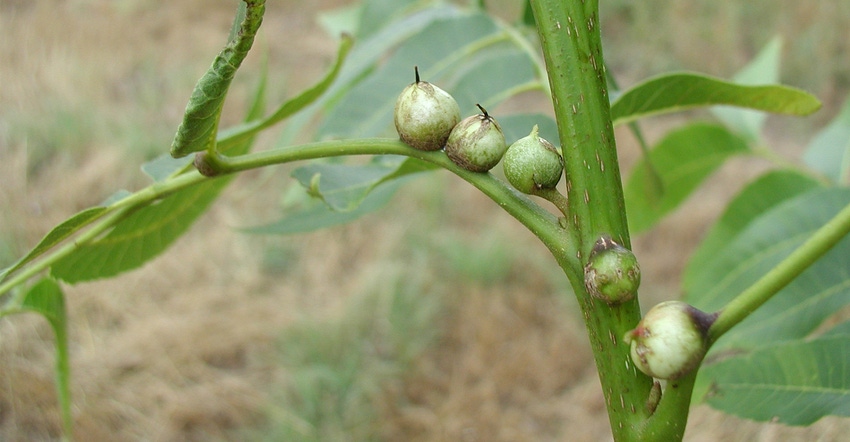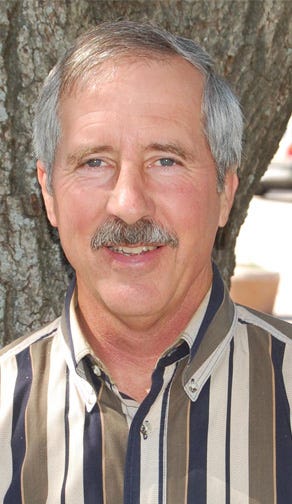
Effective Aug. 31, 2019, Extension Pecan Specialist Bill Ree will retire after 38 years with the Texas AgriLife Extension Service, College Station. His voice and expertise about the Texas pecan industry have been a valuable tool for many years to commercial and native pecan producers across Texas.

Dr. Bill Ree, Texas A&M AgriLife Extension Program Specialist II – IPM Statewide Pecan IPM Programming
Ree is responsible for the development and delivery of pecan IPM information to assist pecan growers in managing pests in an economically effective and least environmentally disruptive manner. His work has included important pecan insect pests found in the southern and southwestern U.S., insect and disease complexes, new invasive pests of pecan and changes in pecan pest status. He's also focused on the impact of trap crops, cover crops, non-toxic management approaches and biologically based insecticides, and how these tools can be used in conventional and organic pecan production, according to the Texas A&M AgriLife Extension website.
In recent years and for much of his career, Ree has been the writer/editor of the Texas A&M AgriLife Extension newsletter, Texas Pecan Pest Management, a valuable tool for both commercial and novice growers of Texas pecans. Ree's newsletter enjoys a robust subscriber base. To help spread his pecan message, Southwest Farm Press has published several articles based on his newsletters.
ON A PERSONAL NOTE
On a personal note, growing up in a family who harvested native pecans on our own property and later as parks director for a Hill County city maintaining pecan trees in the park system where local citizens were free to harvest as many native pecans as they liked, his advice and assistance will be missed.
To learn more about primary pecan issues in his recently released newsletter, read 2019 Texas Pecan Update. To subscribe or voice your support for the continuation of the newsletter, email the Texas Pecan Growers Association at [email protected] or call them at (979) 846-3285.
About the Author(s)
You May Also Like






